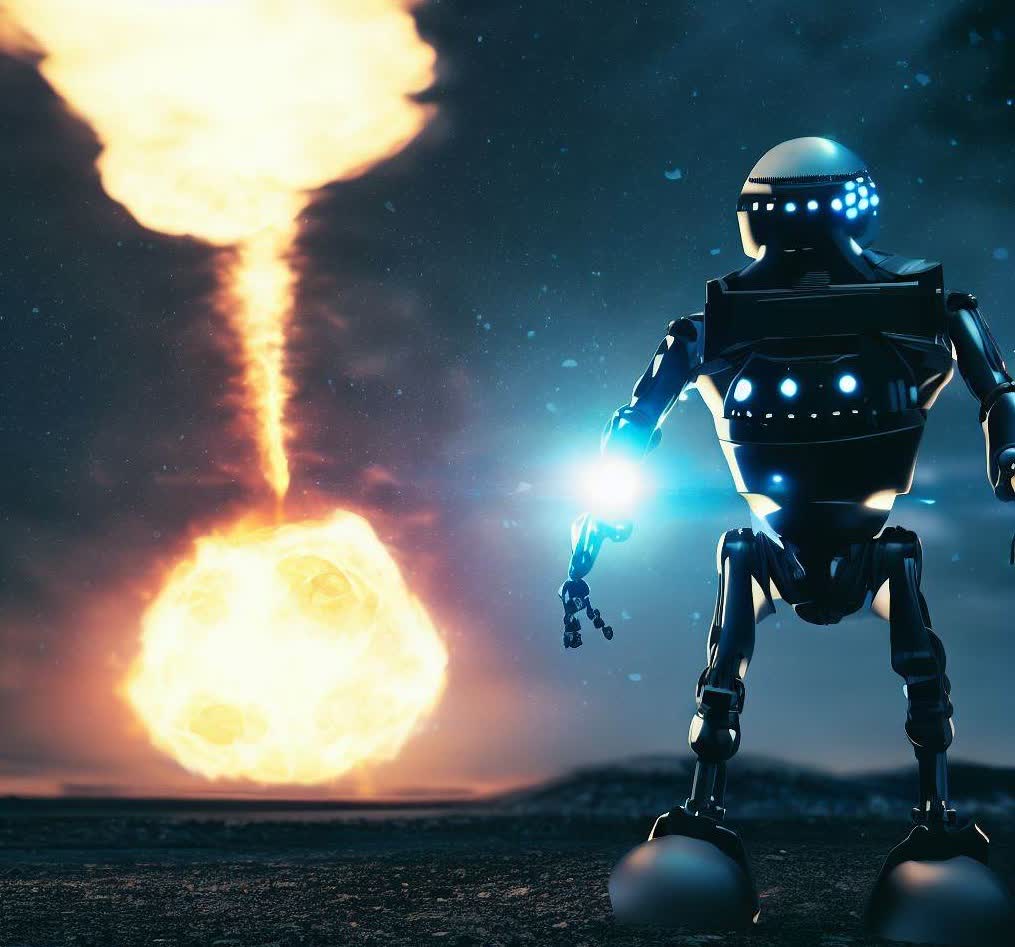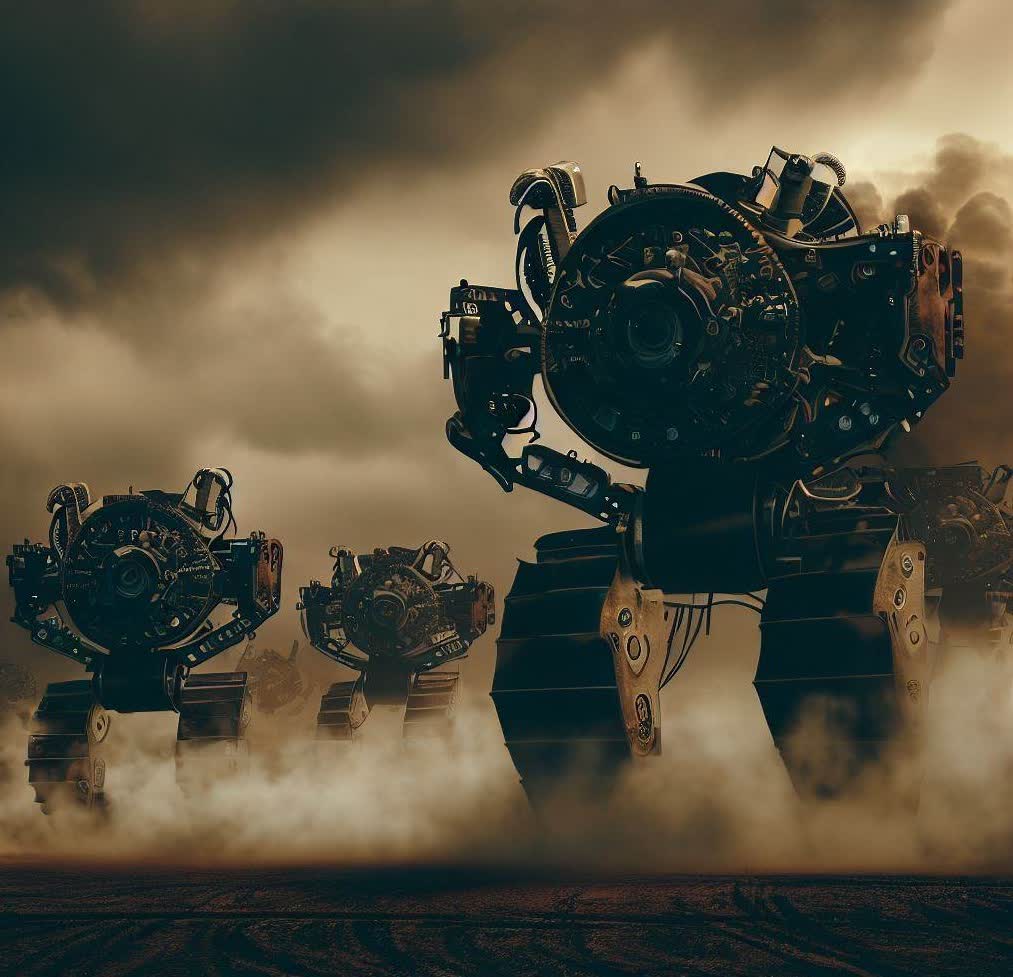A hot potato: This year is proving to be the one where AI takes a step closer to the technologies seen in sci-fi movies. Companies say that these systems can improve lives and the economy, but over two-thirds (61%) of Americans believe artificial intelligence is a threat to humanity's future. Those who voted for Donald Trump are even more worried, with 70% of Trump voters expressing higher levels of concern.
Companies are rushing to integrate the likes of ChatGPT and similar generative AIs into their businesses right now. But while CEOs and execs salivate at the thought of a machine that can do the same job as a person in a fraction of the time, many people are worried about the situation getting out of control – and not just on the jobs front.
An online Reuters/Ipsos poll conducted between May 9 and May 15 asked 4,415 US adults their opinions on AI. A massive 61% of respondents believe that AI poses risks to humanity, while only 22% disagreed, and 17% remained unsure.
Looking at specific groups, 70% of Trump voters expressed higher levels of concern over a future threatened by AI, compared to 60% of Biden voters. Elsewhere, Evangelical Christians were more likely to strongly agree that AI presents a threat to humanity (32% believe it's a danger), while 24% of Non-Evangelical Christians strongly agreed.

The good news for the likes of OpenAI is that artificial intelligence isn't Americans' biggest concern; crime and the economy are bigger issues. 77% support increasing police funding to fight crime, and 82% are worried about the risk of a recession.
There have been plenty of worrying signs that the new generation of AI should be taken seriously. Warren Buffett recently compared it to the creation of the atomic bomb. There was also Geoffrey Hinton, known as the Godfather of AI, leaving Google with a warning that as companies take advantage of more powerful AI, the systems are becoming increasingly dangerous. In March, there was a call from leading tech minds for a six-month pause of advanced AI development, and this week saw Sam Altman, CEO of OpenAI, calling for regulation of the sector, though some say this plea is only to stifle innovation and help his company stay on top, rather than for the good of humanity.
Exactly what kind of AI people are threatened by isn't made clear in the poll, but it likely falls under the general category of machines becoming too smart. The flip side of the coin is that artificial intelligence has plenty of positive aspects, such as drug development, and many people rely on it every day without realizing it. As Ion Stoica, a UC Berkeley professor who also co-founded AI company Anyscale, said, "Americans may not realize how pervasive AI already is in their daily lives, both at home and at work."
